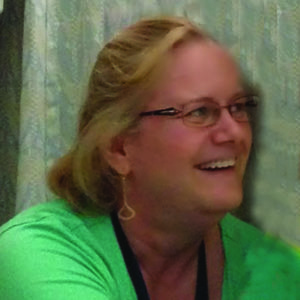Why Would Anyone Study Rare Diseases?
Rare disease is defined as a disorder impacting fewer than 200,000 people. There approximately 7,000 rare diseases that impact 25-30 million Americans. Rare diseases can have a known or unknown genetic basis or occur spontaneously and are identified across the lifespan. New rare disorders continue to be identified. The majority of rare diseases are not formally tracked in any way and therefore we know very little about how to treat them or support families and patients living with them.
Identifying, formally tracking, and learning about the natural history of these diseases is the only way to improve care for patients and find effective treatments.
The National Institutes of Health (NIH) supports research of people with rare diseases across 27 institutes and centers. There is even the NCATS Office of Rare Diseases Research (ORDR) to assist in coordinating research for rare diseases. Additionally, the Food and Drug Administration (FDA) has an Office of Orphan Products Development (OOPD) that provides incentives for drug companies to develop treatments for rare diseases.
Navigate the Site
2026 GoldLab Symposium
Save the date!
Please join on May 14-15, 2026Presenters In The News
Contact Info











